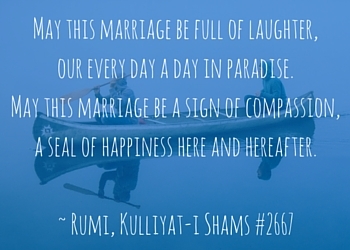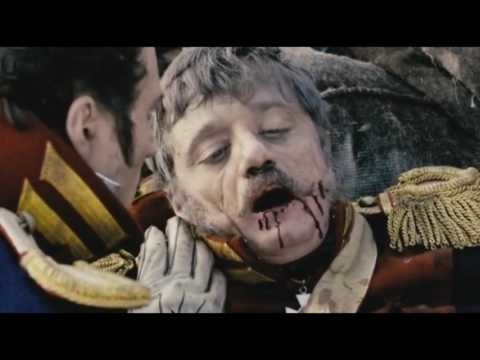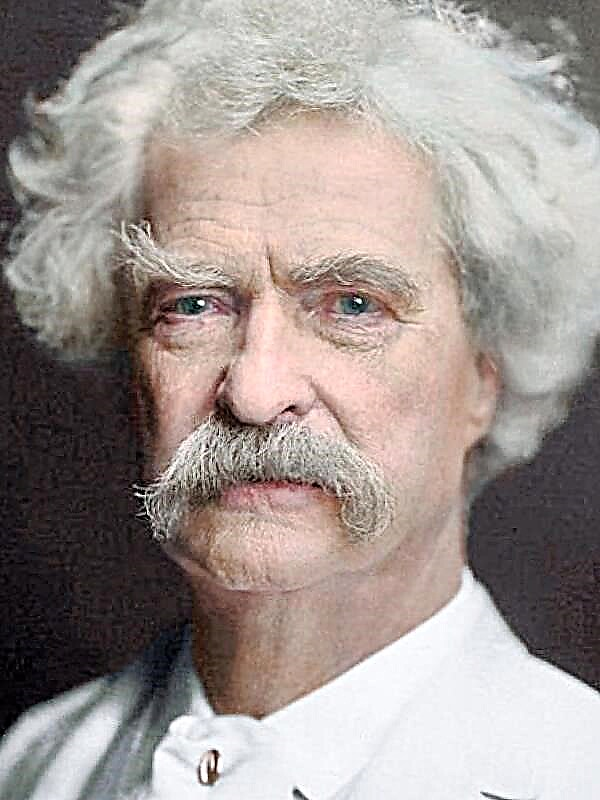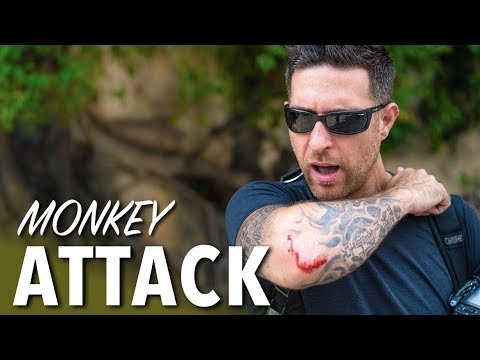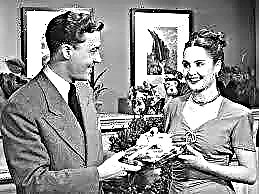Yesaul Gorobets once celebrated in Kiev his son’s wedding, which gathered a lot of people, and among others the named Yesaul’s brother Danilo Burulbash with his young wife, beautiful Katerina, and a one-year-old son. Only old Katerinin's father, who had recently returned after twenty years of absence, did not come with them. Everything danced when he made Yesaul two wonderful icons to bless the young. Then the sorcerer opened in the crowd and disappeared, fearing images.
Danilo returns at night with the Dnieper with his household to the farm. Katerina is afraid, but her husband is not afraid of the sorcerer, but Poles that they are going to cut off the path to the Cossacks, he thinks about this, swimming past the old sorcerer of the castle and the cemetery with the bones of his grandfathers. However, crosses are staggering in the cemetery and, one worse than the other, are the dead, pulling their bones to the month itself. Comforting the awakened son, he gets to the hut of Pan Danilo. The hut is small, not appropriate for his family and for ten selected well done men. The next morning, a quarrel began between Danilo and his gloomy, absurd father-in-law. It got to the sabers, and there to the muskets. Danilo was wounded, but if Katerina had not prayed and reproached, by the way, having remembered her small son, he would have fought further. Cossacks reconciled. Katerina soon tells her husband a vague dream that her father is a terrible sorcerer, and Danilo scolds the father’s Busurman habits, suspecting him of unchristen, but he is more worried about the Poles, about whom Gorobets again warned him.
After lunch, during which the father-in-law disdains dumplings, pork, and a burner, by the evening Danilo leaves to scout around the old sorcerer’s castle. Climbing onto an oak tree to look out the window, he sees a witching room, illuminated more than anything, with wonderful weapons on the walls and flickering bat. The father-in-law begins to bewitch, and his whole appearance changes: he is already a sorcerer in a filthy Turkish garb. He calls Katerina’s soul, threatens her and demands that Katerina love him. The soul is not inferior, and, shocked by the opening, Danilo returns home, wakes Katerina and tells her everything. Katerina renounces the apostate father. In the basement of Danila, a sorcerer sits in iron chains, his demonic castle burns; not for witchcraft, but for conspiracy with the Poles the next day awaits his execution. But, promising to begin a righteous life, to retire to the caves, through fasting and prayer to propitiate God, asks the sorcerer Katerina to let him go and save his soul. Fearing his act, Katerina releases him, but hides the truth from her husband. Sensing his death, he asks the saddened wife Danilo to protect his son.
As predicted, Poles run into a cloud of clouds, light the huts and steal cattle. Pan Danilo bravely beats, but the bullet of the sorcerer who appears on the mountain overtakes him. And although Gorobets jumps to help, Katerina is inconsolable. Poles were defeated, the wonderful Dnieper was raging, and, fearlessly ruling the black, the sorcerer sailed to its ruins. He casts spells in the dugout, but not Katerina’s soul appears to him, but someone uninvited; although he’s not terrible, but terrifying. Katerina, living with Gorobets, sees previous dreams and trembles for her son. Awakened in a hut surrounded by watchful guards, she discovers him dead and goes crazy. Meanwhile, a gigantic horseman with a baby on a black horse rides from the West. His eyes are closed. He drove into the Carpathians and stopped here.
Mad Katerina is everywhere looking for her father to kill him. A certain guest arrives, asking Danila, mourns him, wants to see Katerina, speaks with her for a long time about her husband and, it seems, introduces her into her mind. But when she talks about Danilo asking him to take Katerina in case of death, she recognizes her father and rushes to him with a knife. The sorcerer himself kills his daughter.
Behind Kiev, “an unheard-of miracle appeared”: “suddenly it became apparently far to all corners of the world” - the Crimea, the swamp Sivash, the land of Galich, and the Carpathian mountains with a gigantic horseman on the peaks. The sorcerer, who was among the people, flees in fear, for he recognized in the horseman an uninvited person who appeared to him during a witchcraft. Nightly horrors haunt the sorcerer, and he turns to Kiev, to the holy places. There he kills the holy schemnik, who did not undertake to pray for such an unheard of sinner. Now, wherever he rules the horse, he moves to the Carpathian mountains. Then the motionless rider opened his eyes and laughed. And the sorcerer died, and, dead, he saw the dead who had risen from Kiev, from the Carpathians, from the land of Galich, and the horseman was cast into the abyss, and the dead thrust their teeth into it. Another one, all taller and worse, wanted to rise from the ground and shook her mercilessly, but could not get up.
This story ends with an old and wonderful song of an old bandura-player in the town of Glukhov. It is sung in it about the war of King Stepan with the Turchin and brothers, the Cossacks Ivan and Peter. Ivan caught the Turkish pasha and shared the royal award with his brother. But the envious Peter pushed Ivan with his baby son into the abyss and took all the good to himself. After the death of Peter, God allowed Ivan himself to choose the execution for his brother. And he cursed all his offspring and predicted that the last of his kind would be an unprecedented villain, and when his end came, Ivan would appear from a failure on a horse and cast him into the abyss, and all his grandfathers would stretch him from different ends of the earth, but Petro will not be able to rise and will gnaw at himself, wanting revenge and not knowing how to take revenge. God marveled at the cruelty of the execution, but decided that to be there.

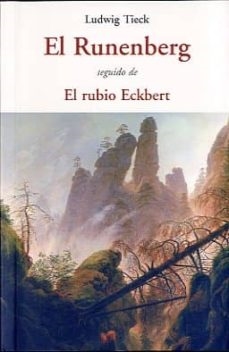
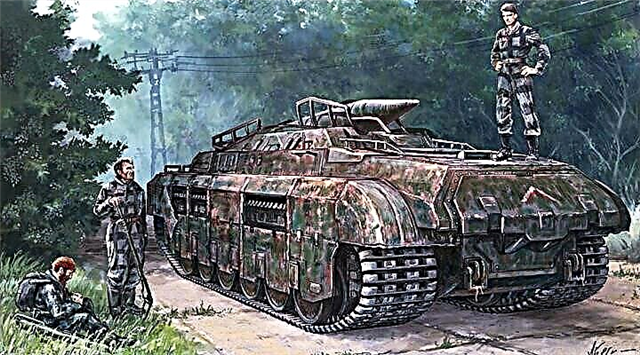
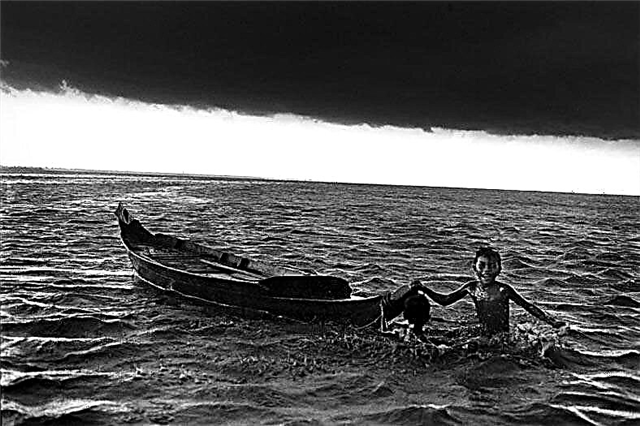
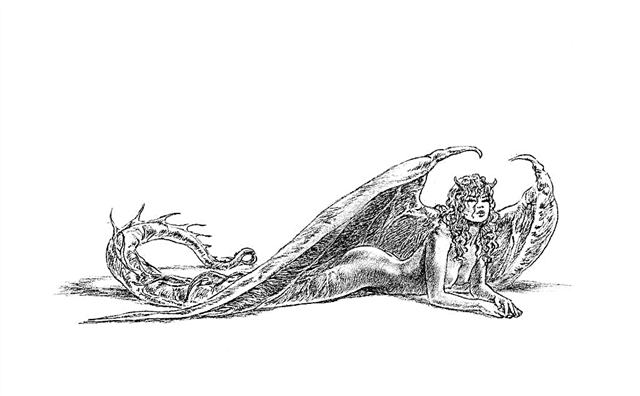
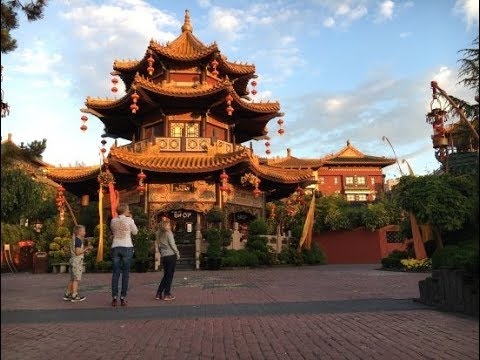
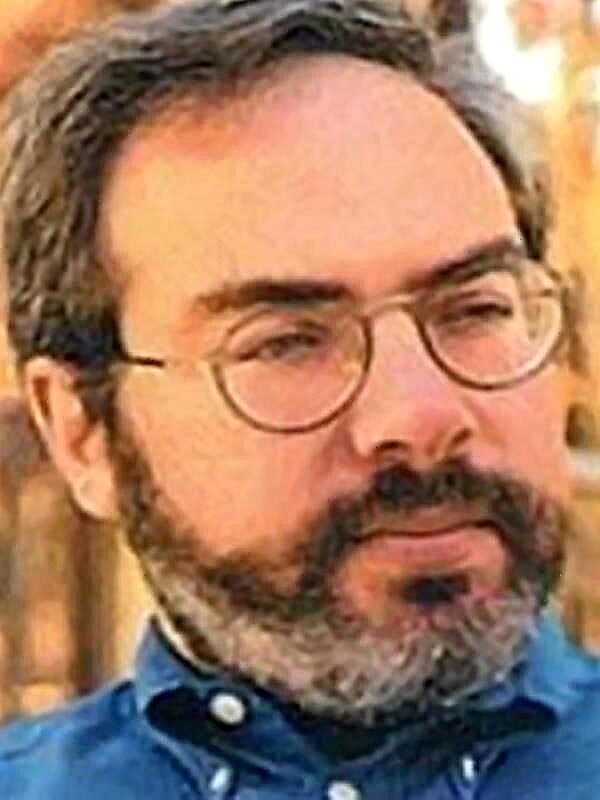 McKinsey Tools
McKinsey Tools